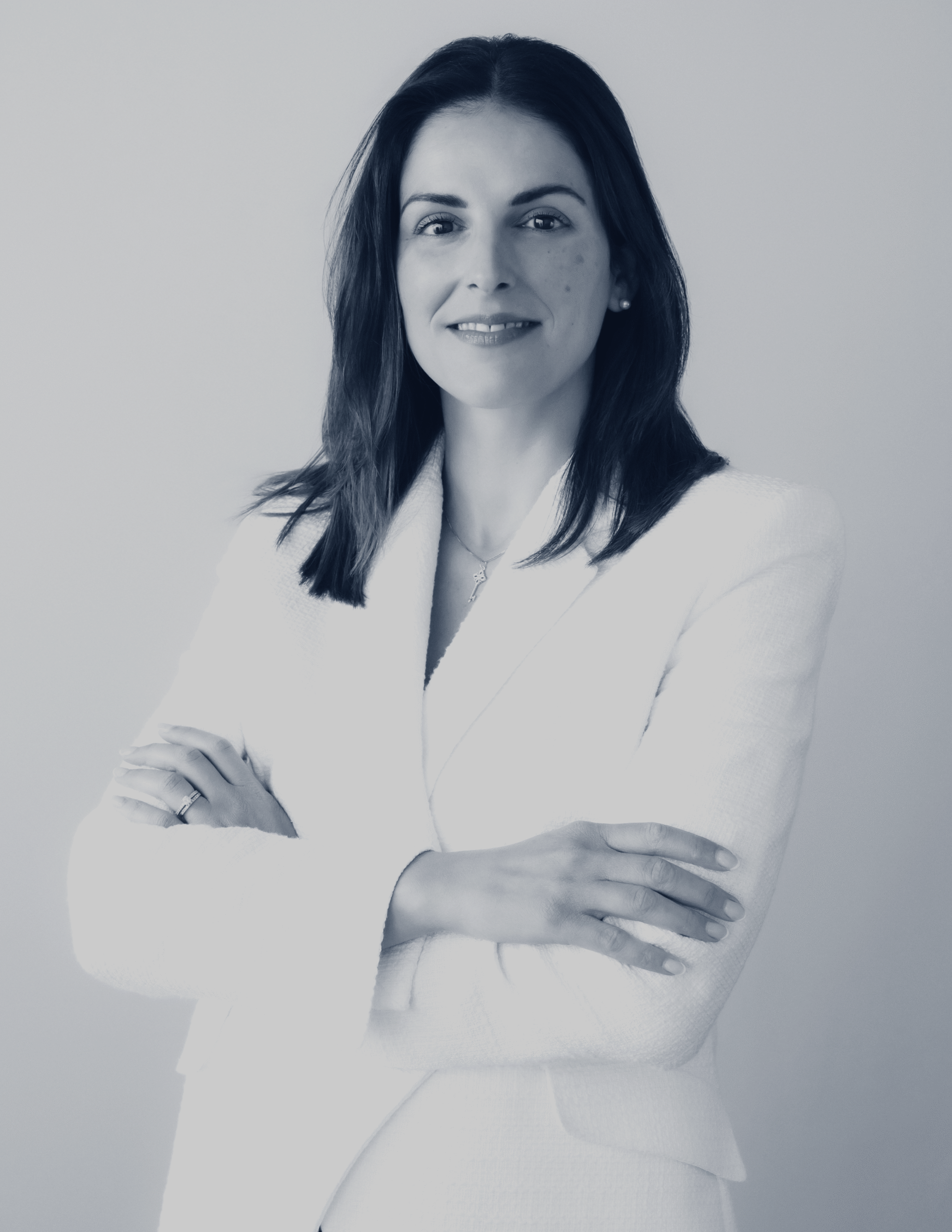- News
Malta’s Corporate Tax System
Malta’s Corporate Tax System
date
area
- News
reading time
3 minutes
Malta is recognised as a leading jurisdiction of choice for a number of industries, mainly due to models and structures developed with the intention of attracting business to the Island. Malta is also renowned for its robust legal and regulatory framework and taxation structures, while also having a highly skilled workforce, incentives for specific industries such as gaming, aviation and shipping, and generally, a business-friendly environment. This has led to a significant growth in Malta’s financial services industry and has led to Malta becoming the jurisdiction of choice for many international businesses looking for a link to the EU.
Tax Refund Model
Companies in Malta pay 35% tax on their income, however structures which are owned by individuals who are non-domiciled in Malta can usually benefit from Malta’s tax refund system, which leads to a refund in taxes which is most commonly of 6/7ths of the amount paid, resulting in an effective tax rate of 5%. When the distributed profits are derived from passive interests and royalties, the tax refund is reduced to 5/7ths of the taxes paid, whereas a 2/3rds tax refund is applied to dividends distributed out of profits allocated to the Foreign Income Account, where the company has claimed double tax relief on such amounts.
For a company to benefit from a tax refund, the company must have declared dividends to its shareholder(s), following which a refund claim form must be submitted to the International Corporate Taxation Unit (ICTU) on behalf of its shareholder(s). The full tax payment must be made prior to a refund of these taxes being issued and paid by the ICTU, and the company must be compliant with all tax regulations. Shareholders claiming such a refund must be duly registered with the ICTU to be entitled to claim a refund. Refunds are usually processed in a number of months, although refunds of larger amounts (generally over €1m) are fast-tracked by the ICTU.

Fiscal Unit Model
Since 2020, a new tax model has been introduced in Malta – that of the ‘fiscal unit.’ A group of companies can apply this model when the parent company fulfils at least two of the following criteria:
- holds 95% of the shares in the subsidiary/ies;
- is entitled to at least 95% of the profits;
- in the event of liquidation of the subsidiary/ies, is entitled to 95% of the assets.
Should at least two of these three criteria be satisfied, the group can proceed as a fiscal unit, where the subsidiaries become members of the fiscal unit and are referred to as ‘transparent’ for tax purposes. Entities within a fiscal unit are required to prepare consolidated financial statements and subsequently, chargeable income is computed and taxed as a whole, rather than as separate legal entities. With this model in place, companies in the fiscal unit are no longer required to pay the 35% income tax and subsequently follow the tax refund model. Instead, the tax refund mechanism is taken into consideration when calculating the final tax liability of the fiscal unit. The profit of the fiscal unit is effectively taxed at the rate that would apply after considering potential refunds, often resulting in an effective tax rate of 5%. This can be applied even if the members of the fiscal unit do not distribute any dividends.
Participation Holding Exemption
A company that has received dividends from an investment which qualifies as a participating holding may apply the participation exemption in Malta, which would mean that such income is fully exempt from tax in Malta. For an investment to qualify as a participation holding, a company which is tax resident in Malta should hold at least 5% equity in another entity, with such rights entitling the holder to any two of the following:
- The right to vote;
- The right to profits available for distribution; or
- The right to assets available for distribution on a winding up.


The participation exemption may also be applied when a Company:
- is entitled to purchase the balance of the equity shares in its subsidiary, or has the right of first refusal to purchase such shares or is entitled to sit as, or appoint, a director on the Board; or
- is a shareholder which holds an investment of a minimum of €1.164 million and such investment is held for an uninterrupted period of at least 183 days; or
- holds the shares in the subsidiary for the furtherance of its own business and the holding is not held as trading stock for trade purposes.

The subsidiary in which the investment is held must be in a company, not having any rights, directly or indirectly, over immovable property situated in Malta, that confers any two of the three rights listed above.




